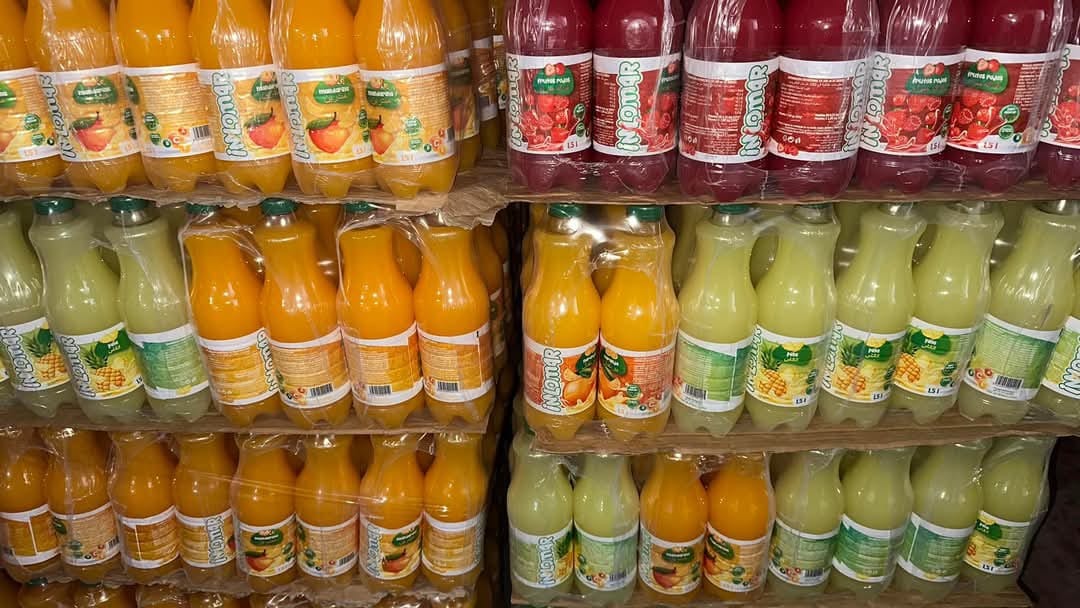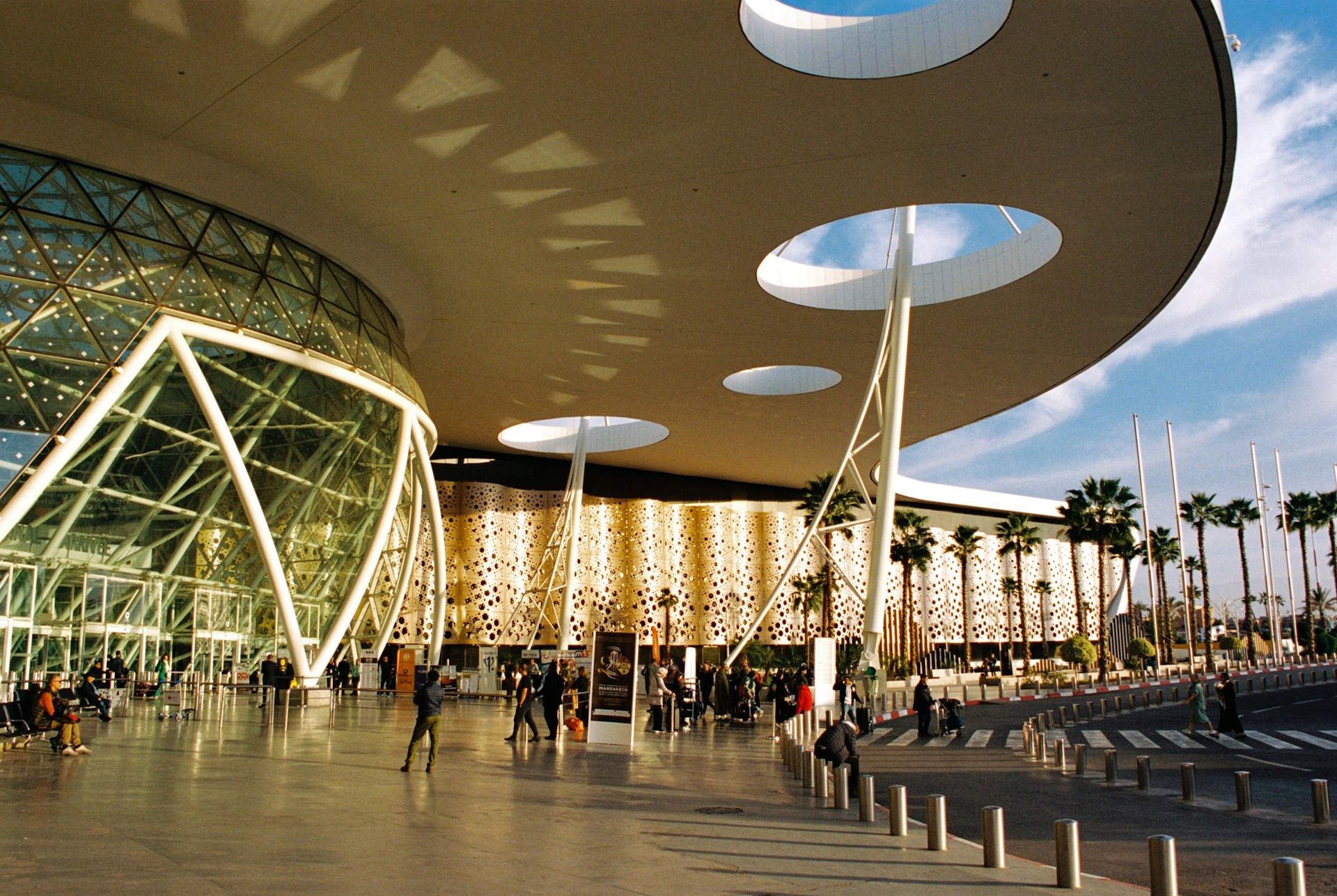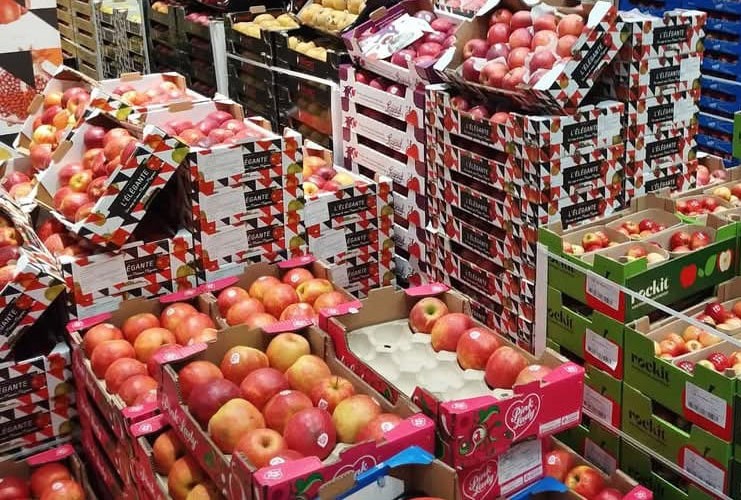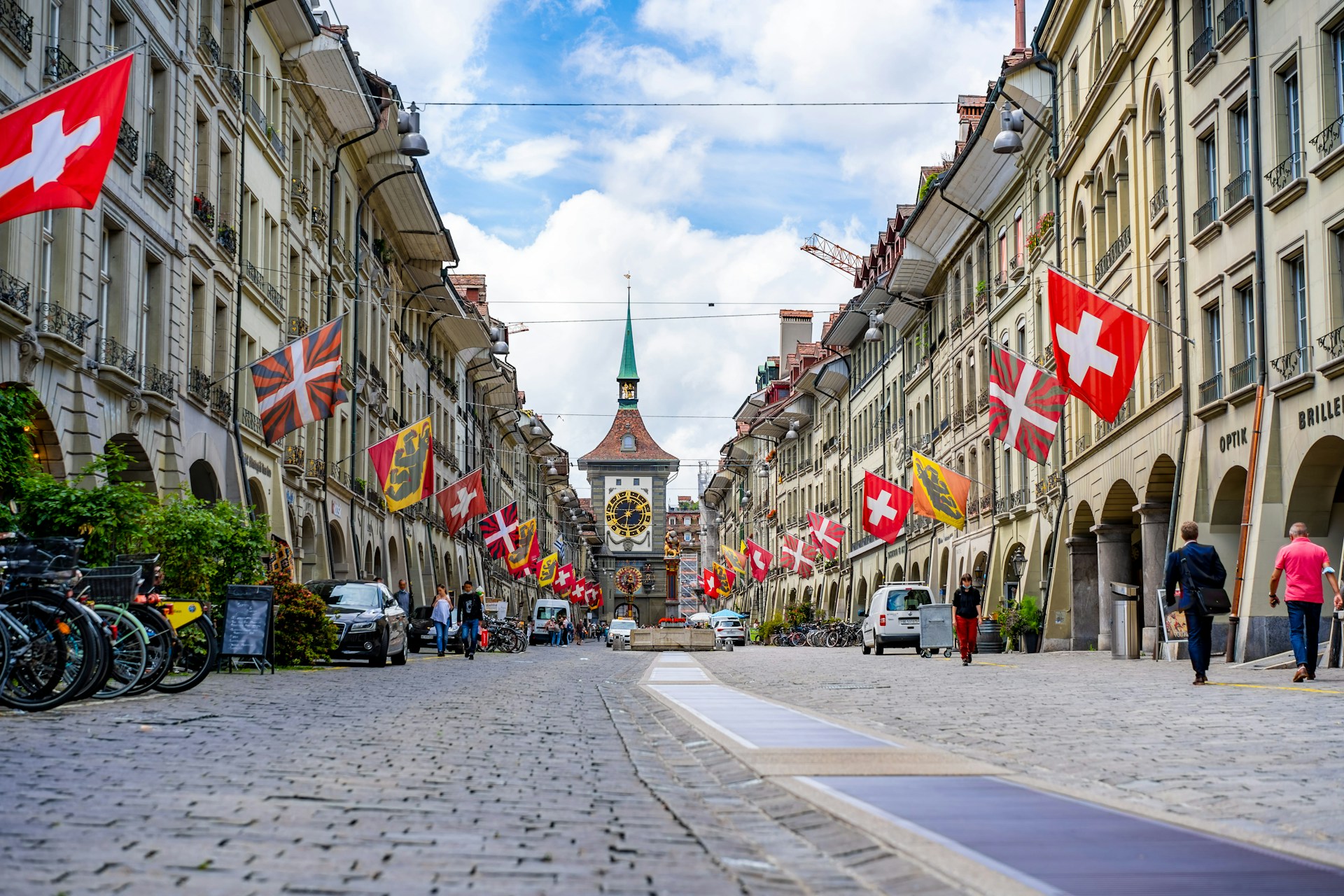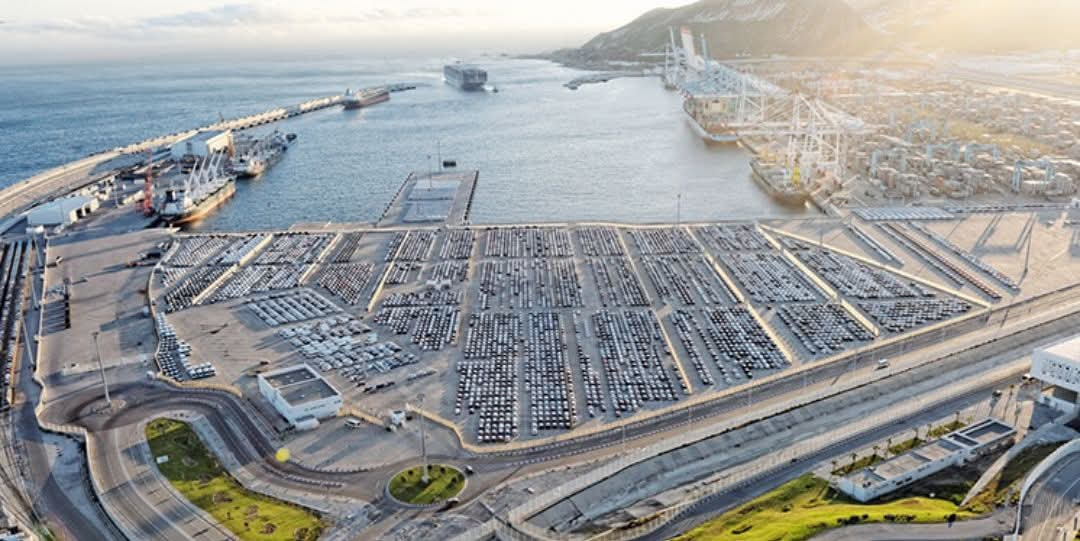Casablanca – In a step to bolster the country’s food industry, the Moroccan government has allocated $1.07 billion to support small and medium-sized enterprises (SMEs) within the sector. The funding aims to help revitalize the industry, boost exports, and enhance competitiveness in an increasingly globalized market.
Omar Hjira, Secretary of State for Foreign Trade, revealed that the support has already benefitted 479 projects, with a collective value nearing $1.07 billion. This initiative is part of the 2025-2026 action plan, designed after an extensive tour by Hjira across all regions of Morocco. The plan includes a comprehensive strategy to strengthen the food sector, with a specific focus on SMEs, which play a central role in the country’s economy.
According to Hjira, Morocco’s food industry sector currently consists of 2,000 companies that generate around 210,000 jobs and contribute a turnover of approximately $18.6 billion. Notably, food industries account for $4.4 billion of Morocco’s industrial exports, representing 9.6% of total industrial exports. Major markets for these products include Europe (66%), followed by Africa (16%), Asia (9%), and America (6%).
In the last decade, Moroccan exports of processed food products have seen remarkable growth, with exports worldwide increasing by 80%, while shipments to Africa have surged by 30%. This surge has resulted in an overall 46% rise in food exports during this period.
Hjira emphasized the untapped export potential of up to $12.3 billion, with $1.6 billion directly linked to the food industry. Three key regions—Casablanca-Settat, Souss-Massa, and Fès-Meknès—are driving much of this expansion and leading the way in food industry production.
The government is also taking steps to integrate agriculture with the processing industry. A partnership agreement between the Ministry of Industry and Trade and the Ministry of Agriculture, Fisheries, Rural Development, Water, and Forests is currently supporting 485 projects aimed at strengthening this integration. Additionally, the 2025-2026 action plan includes specific measures to further aid SMEs and improve the competitiveness of the sector.
Despite the progress, there have been concerns that larger companies are primarily benefiting from the funding, leaving smaller players with fewer opportunities. Calls have been made for increased support for smaller food enterprises to ensure the broader success of the industry.
Nevertheless, the government remains committed to enhancing the competitiveness of the food industry, both for domestic consumption and export. Hjira concluded that the government will continue its efforts to replace imports, increase industrial sovereignty, and improve the quality and value-added aspects of Moroccan food products.
This support package is seen as a critical step in Morocco’s ambition to position itself as a leading player in the global food market while strengthening its domestic industry.






